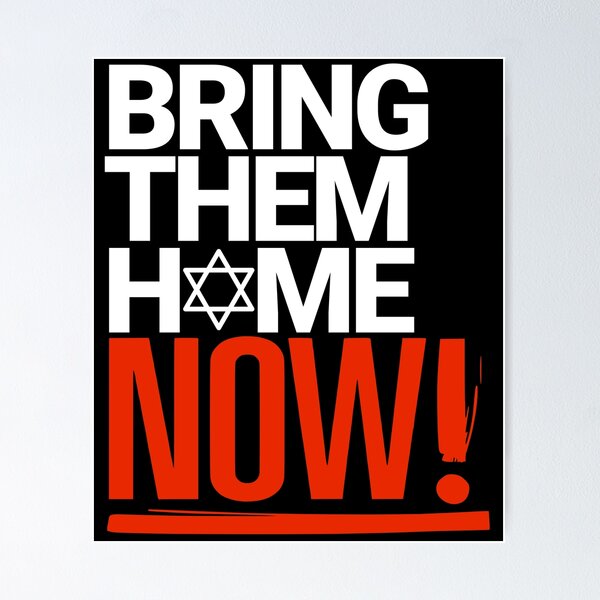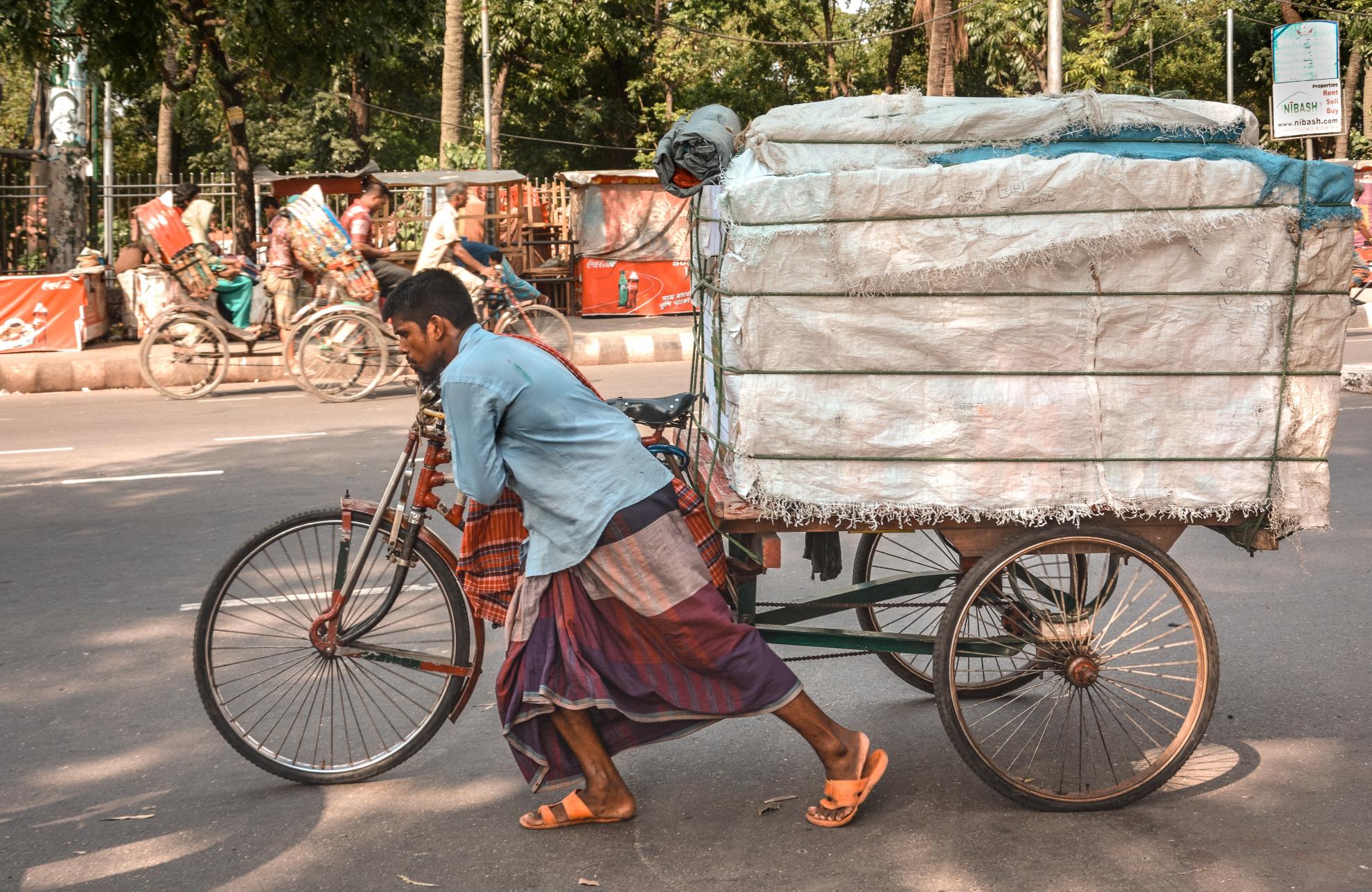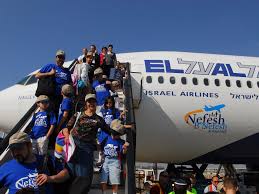January 29, 2023|ז' שבט ה' אלפים תשפ"ג Bo 5783 - Being Proud to Make a Kiddush Hashem
Print Article
Naftuli Schischa was flying from New York to Florida on Wednesday evening when the woman across from him passed out right into the aisle. Naftali is a member of Hatzala, and he immediately began emergency care on the woman. He was able to stabilize her until the plan landed in Fort Lauderdale, and he was hailed as a hero in the national news the next day.
It was hard not to notice his long payes and Chassidic garb in all the pictures and videos posted online and many were hailing Schischa as making a tremendous Kiddush Hashem.
When asked for comment from Vos Is Neus, the Jewish news outlet, Mr. Schischa declined to speak about the incident, saying only that Hatzalah members have provided assistance to passengers in flight on many occasions.
When asked for comment, Chevra Hatzlah CEO Rabbi Yehiel Kalish said that the incident was par for the course for his members. Stating simply, “This is what we do,”.
The time has come for Bnei Yisrael to leave Egypt. Hashem announces to Moshe that there will be ONE FINAL PLAGUE, and then Bnei Yisrael will be free.
And it is at this moment, that the Torah presents two psukim, two verses, which create quite a stir in the meforshim, the commentaries.
Says Hashem:
(י"א:ב) דַּבֶּר נָא בְּאָזְנֵי הָעָם וְיִשְׁאֲלוּ אִישׁ מֵאֵת רֵעֵהוּ וְאִשָּׁה מֵאֵת רְעוּתָהּ כְּלֵי כֶסֶף וּכְלֵי זָהָב:
Please speak to Bnei Yisrael, and ask them to request from their neighbors, Silver and Gold.
And then the Torah tells us:
(ג) וַיִּתֵּן יְקֹוָק אֶת חֵן הָעָם בְּעֵינֵי מִצְרָיִם גַּם הָאִישׁ מֹשֶׁה גָּדוֹל מְאֹד בְּאֶרֶץ מִצְרַיִם בְּעֵינֵי עַבְדֵי פַרְעֹה וּבְעֵינֵי הָעָם: ס
And Hashem caused Bnei Yisrael to find favor in the eyes of the Egyptians. Moshe, too, had become great in the Land of Egypt, in the eyes of Pharaoh and the eyes of the nation.
I want to ask three questions:
1) We know that the Jewish People were promised that they would collect Gold & Silver from the Egyptians, and they did. Why, then, does the Torah say to take Gold and Silver Ish Me’eis rei’eihu? One person from his or her friend. Since when were the Jews and Egyptians REI’IM? They were our taskmasters?!
2) What caused this transformation that a people who had hated us and enslaved us, now saw us in a favorable light? Why did Am Yisrael find CHEIN HA’AM, favor, in the eyes of the Egyptians?
3) When Hashem wants us to do something, he COMMANDS Us, He gives us MITZVOS, which are COMMANDS. Suddenly, in this case, he tells Moshe, “Daber Na”, please speak to the people. Why the language of PLEASE in this case?
Rav Samson Raphael Hirsch explains, building on the medrash, that we have to remind ourselves the context of this story. The plague of choshech, darkness, had just ended. And we know that during this plague the Egyptians were paralyzed in a thick darkness in which they couldn’t even move, and the Jews had light wherever they wanted to go.
The plague of Choshech, then, provided Am Yisrael with an INCREDIBLE OPPORTUNITY.
The Egyptians who had treated them with disdain, who had beaten them and their children, who had MURDERED their families, were frozen. They couldn’t move and they couldn’t see. They were the most vulnerable they would ever be in their lives.
This was the People’s opportunity to EXACT REVENGE. They could have taken advantage of them physically or financially.
Yet, for those 3 days not ONE JEW touched an Egyptian nor their belongings. Because that’s not who they were.
And that is why almost immediately after this story to the Torah records:
ג וַיִּתֵּן יְקוָק אֶת-חֵן הָעָם, בְּעֵינֵי מִצְרָיִם; גַּם הָאִישׁ מֹשֶׁה, גָּדוֹל מְאֹד בְּאֶרֶץ מִצְרַיִם, בְּעֵינֵי עַבְדֵי-פַרְעֹה, וּבְעֵינֵי הָעָם.
God placed the favor of the Nation in the eyes of the Egyptians.
This wasn’t some miracle that HKBH had done to shift the hearts of the Egyptian people. Rather, when the plague ended, and the Egyptians looked around their homes and saw that they hadn’t been ransacked, no one had taken a THING, they began to see the Jews in a new light.
They saw a people who they had treated to this point as animals, rise above the morals of all the people of Egypt.
In the words of Rav Hirsch: “More than all the miracles he had performed, the moral greatness of his people had made the man Moshe must esteemed in the eyes of the Egyptians.”
The Netziv, Rav Naftali Tzvi Yehuda Berlin, the rosh yeshiva of Volozhin in the 1850s goes even a step further.
He asks a simple, but penetration question: The Egyptians were literally frozen for 3 days. How did they not eat anything for that entire time? And says the Netziv, they did eat and drink. Because the Jews who had light brought them food and drink, so they wouldn’t pass out from hunger and thirst.
And thus, we find that the Torah, when it comes time to describe the relationship between the Egyptians and Am Yisrael AFTER the plague of Choshech, does NOT say, ask the Egyptian people. Rather:
אִישׁ מֵאֵת רֵעֵהוּ וְאִשָּׁה מֵאֵת רְעוּתָהּ
Each man asked his friend and woman her friend.
Jew and Egyptian, argue Rav Hirsch and the Netziv, were no longer bitter enemies. Rather, because of the kindness the Jews showed to the Egyptians at that time, they grown to respect one another.
And this also explains why as Hashem tells Moshe to tell the people to collect the gold and silver from the Egyptians, he does so with the language of NA, PLEASE.
Rav Hirsch explains that the Jews were hesitant to take the Gold and Silver. They had just shown such high moral character by RESISTING the TEMPTATION to take that which was not theirs that they didn’t want to sully their reputations by taking it later. So, Hashem tells them, “I understand how you feel, but you are going to need those resources and you are deserving of them. So, please, for Me, make the request of your Egyptian neighbors. And know that I will not allow this request to degrade your status, and thus, ‘Vayitein Hashem Es Chein Ha’Am B’Eienei Mitzrayim’, Hashem allowed the favor Bnei Yisrael had created on their own, to REMAIN in the eyes of the Egyptians.
In May of 2022, the 8th grade boys from Arie Crown Hebrew Day School in Chicago flew into Washington DC for a 3 day trip. For the duration of the trip, Bill Riddick was the group’s bus driver. And from the moment the boys got on the bus, Bill became part of the group.
“The boys were so much fun,” he recalls. “They were very mannerly and there was so much love… They taught me some songs and we just clicked.”
After spending three days together, the students and Mr. Riddick exchanged fond farewells at the airport. A month later at their graduation, one of the principals who had been on the trip, noticed a familiar face in the crowd. It turned out that Bill had been so enamored with the students, that he called the school, found out the details of graduation, and booked a flight, so he could be there to celebrate with the boys who had won over his heart. The valedictorian speaker even gave Bill a shoutout in his speech.
The school hosted a lavish graduation dinner and party, and Mr. Riddick sat in a place of honor, at a table with the rabbis and teachers of the school.
During the meal, on two different occasions, rabbis approached Mr. Riddick, offering to pay for his flight and hotel. “I said no. I didn’t come to get nothing; I pay my own way,” Mr. Riddick said. “I did everything from the heart.”
The simple kindness those boys showed Bill Riddick showed him just how special they were.
Sometimes when we go out into the world, and maybe even more often when we’re out of our normal routine, on vacation, we tend to feel a little embarrassed to identify as Jewish. We’d rather not stand out. Yes, sometimes it might be for safety reasons, but more often than not, it’s more about a general discomfort with standing out. Maybe it’s when we need to daven mincha and we’re in the airport, or if we need to ask a vendor to check a hashgacha.
And that’s too bad.
Because we are a community of people who are really kind and nice. People who treat others with menschlichkeit. Our children say thank you to the guy at the ice cream store or the stranger who holds the door. We have all the tools to make a tremendous impact and a real kiddush Hashem. And if we would only be willing to identify ourselves more clearly as Jews, imagine the impact just the people in this room could have.
It doesn’t have to be by saving someone’s life. We all do so many kind things each day, and if we would be more willing to proudly show who we are, the impact would be incredible.
The Jews in Mitzrayim, Mr. Schischa, and those boys at Arie Crown Hebrew Day School all teach us the same thing: When we are willing to not only be true to ourselves but also proud of who we are, we can make an incredible impact wherever we are.




